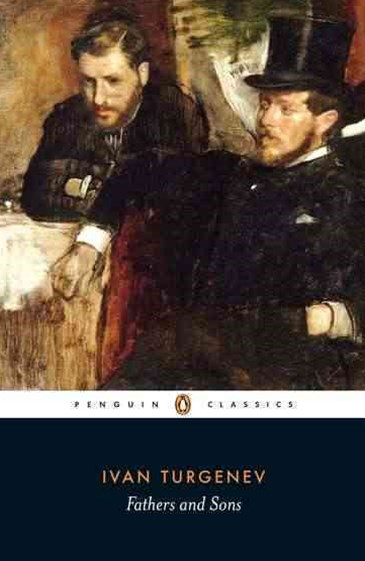
'Aristocracy, liberalism, progress, principles . . . useless words! A Russian doesn't need them, even if they come free' Returning home after years away at university, Arkady is proud to introduce his clever friend Bazarov to his father and uncle. But their guest soon stirs up unrest on the quiet country estate - his outspoken nihilist views and his scathing criticisms of the older men expose the growing distance between Arkady and his father. And when Bazarov's visits his own doting, but old-fashioned parents, his disdainful rejection of traditional Russian life causes even further distress. In Fathers and Sons (1862), Turgenev created a beautifully drawn and highly influential portrayal of the clash between generations, at a time just before the end of serfdom, when the refined yet vanishing landowning class was being overturned by a brash new breed who strove to change the world. Peter Carson's elegant, naturalistic new translation brings Turgenev's masterpiece to life for a new generation of readers. In her introduction, Rosamund Bartlett discusses the novel's subtle characterization and the immense social changes that took place in the 1850s Russia of Fathers and Sons. This edition also includes a chronology, further reading and notes. Translated with notes by PETER CARSON with an introduction by ROSAMUND BARTLETT and an afterword by TATYANA TOLSTAYA
